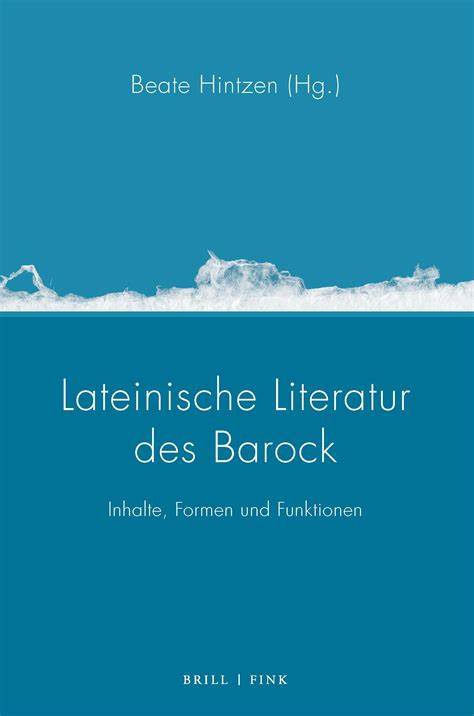Kristi Viiding Joachim Rachels (1618–1669) Spottepigramme im Kontext der frühen livländischen Barockdichtung

Viiding, Kristi (2025). Joachim Rachels Spottepigramme im Kontext der frühen livländischen Barockdichtung. Beate Hintzen. Latin Literature of the Baroque Period – contents, literary forms, and functions. (83−104). Leiden: Brill. (Poesis: Schriften zu Literatur und den Künsten der Frühmoderne. Studies on Arts and Literature in the Early Modern World / Études sur les arts et les littératures de la Première Modernité; 3).
DOI: 10.30965/9783846769416_006
This article outlines three main approaches to the early period (1620s to 1650s) Livonian Baroque poetry: Latin occasional poetry focused on formal novitas at the Tartu (Dorpat) Academy; vernacular poetry following the example of Martin Opitz and Paul Fleming, mainly at the Tallinn (Reval) gymnasium; learned and satirical epigrams in the 1640s providing content-related surprises in dealing with ancient heritage. The last approach is addressed in more detail as a result of a newly discovered collection of epigrams by Joachim Rachel (1618–1669), i.e. Epigrammatum centuria (1648), that provides a large text source for this. The analysis shows how Rachel, later known as the ‚German Lucilius / Juvenalis‘, started his career in poetry in Livonia as ‚Martialis redivivus‘: how he based his style on the combination of erudition and mockery, on the ambiguity of the learned references from ancient literature and mythology, and especially on the motives of vanitas of education and Latin poetry, incl. of his own poems.